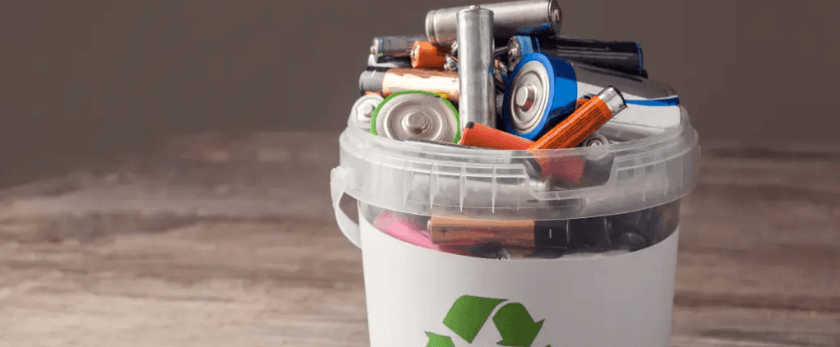How to Dispose of D Batteries: A Greener Approach
When it comes to our everyday gadgets and devices, D batteries have been a reliable source of power for years. However, as we strive for a more sustainable future, it's crucial to know how to properly dispose of dead D batteries to minimize our impact on the environment. In this informative article, we'll discuss what to do with dead D batteries, how long they last if not used, and whether anything still uses them. Let's embark on this eco-friendly journey together!
What to Do with Dead D Batteries
Dead D batteries should never find their way into your regular trash bin. Why? Because they contain hazardous materials, including heavy metals like mercury, cadmium, and lead, which can harm the environment if not disposed of correctly. Here's how you can responsibly handle dead D batteries:
-
Recycling Centers: Many local recycling centers accept household batteries, including D batteries. Check with your local recycling program to find the nearest drop-off location. Be sure to store dead batteries in a container to prevent leakage and potential contamination.
-
Retailer Drop-Off: Some retailers, such as electronics stores or hardware stores, have drop-off bins for used batteries. Next time you're shopping, inquire about their battery recycling program.
-
Mail-Back Programs: Look for mail-back programs provided by battery manufacturers or recycling organizations. They often offer a convenient way to send in your used batteries for proper disposal.
-
Household Hazardous Waste Collection: Many communities hold periodic household hazardous waste collection events where you can safely dispose of batteries and other harmful materials.
-
Rechargeable Alternatives: Consider switching to rechargeable D batteries. Not only are they more environmentally friendly, but they can save you money in the long run.

How Long Do D Batteries Last If Not Used
D batteries, like all batteries, have a shelf life, which can vary depending on factors such as brand and storage conditions. On average, they can last anywhere from 3 to 10 years if stored in a cool, dry place and away from direct sunlight. To extend their life, you can:
- Store them in their original packaging: The packaging is designed to protect batteries from moisture and temperature fluctuations.
- Keep them in a cool place: High temperatures can shorten a battery's life, so avoid storing them in hot areas.
- Rotate your stock: Use older batteries first to ensure they don't expire before you get a chance to use them.
Remember to check the expiration date on the battery packaging to gauge its remaining lifespan accurately.
Does Anything Still Use D Batteries?
While D batteries are less common in many modern gadgets and devices, they still have some essential uses. Here are a few examples:
- Flashlights: Large flashlights, often used for outdoor activities or emergencies, frequently require D batteries.
- Portable Radios: Some portable radios and boomboxes rely on D batteries for extended playtime.
- Emergency Equipment: Certain emergency equipment, such as weather radios and lanterns, use D batteries for reliability during power outages.
- Toys: Some older toys, as well as larger remote-controlled vehicles, may use D batteries.
Even though the demand for D batteries has decreased, it's still important to know how to responsibly dispose of them when they are no longer functional.
In conclusion, disposing of D batteries in an environmentally friendly manner is essential to protect our planet. By following the tips mentioned above, you can contribute to a greener, more eco-friendly lifestyle. Remember that responsible battery disposal is a small but significant step towards a more sustainable future for all.










